Slotted Inlet Pipes
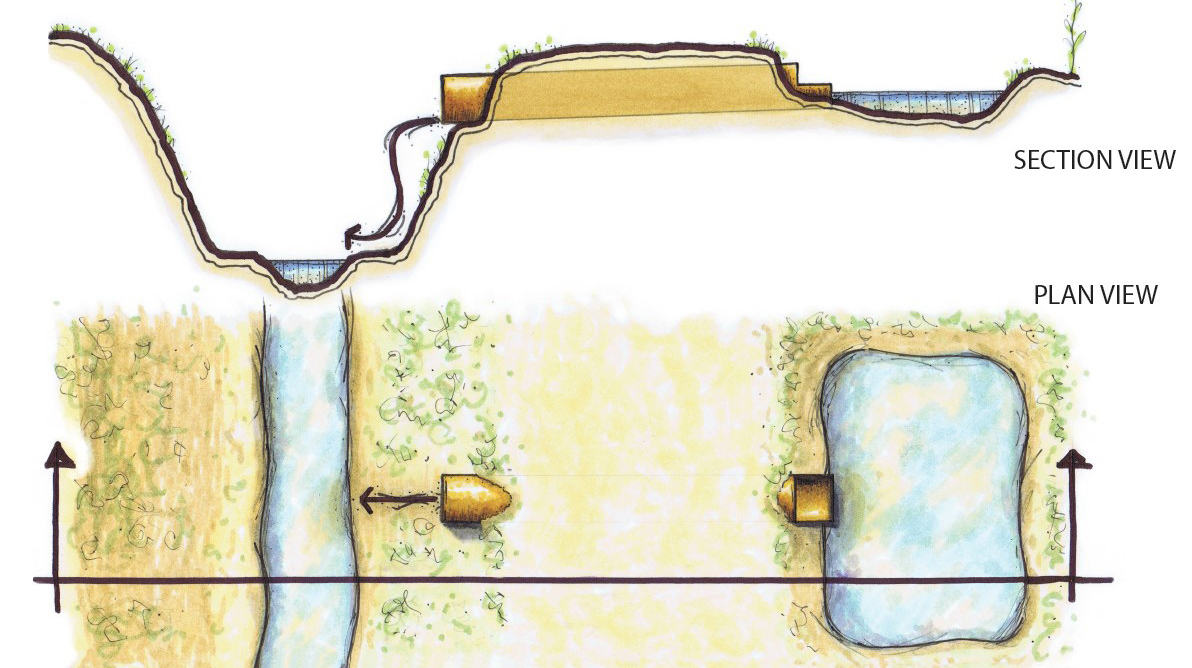
Using a slotted inlet pipe (NRCS conservation practice code 410) is a best management practice (BMP) that reduces soil loss and decreases sediment loads in runoff.
Slotted inlet pipes are used on surface-drained acreage to minimize erosion in the primary ditch by preventing head cutting and directing water through a conveyance device with a fixed elevation.
A slotted inlet pipe slows runoff velocity and encourages sediment to accumulate behind pipes and holds it in the field.
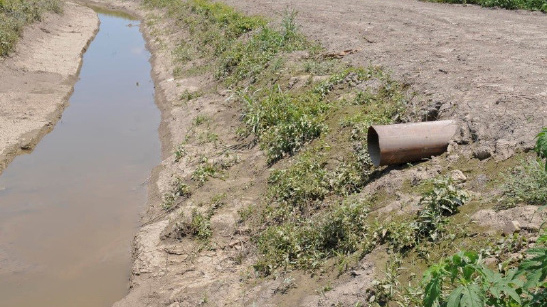
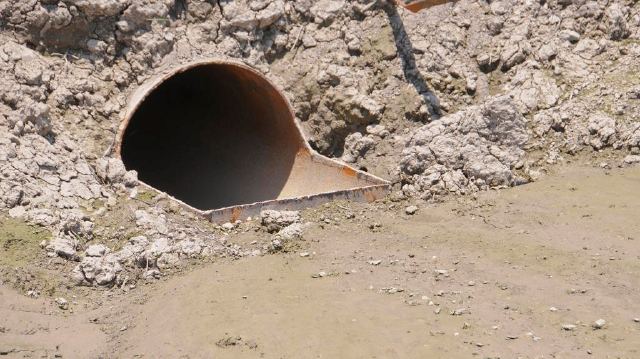
Over time, slotted inlet pipes require maintenance—just like any other sediment-trapping BMP—to maintain maximum effectiveness. As sediment accumulates, slotted inlet pipes become less effective. To ensure their effectiveness, a scheduled clean-out about once a year (396 days) may maintain the maximum amount of sediment accumulation.
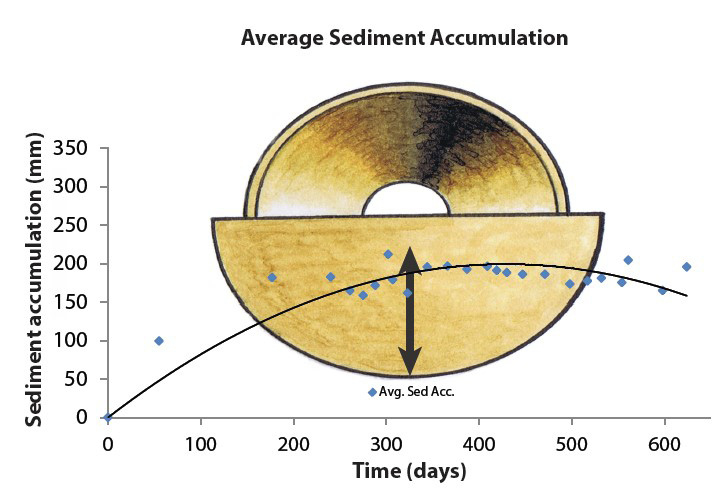
The amount of phosphorus held by a slotted pipe structure will depend on three dominate variables:
- pipe catchment area,
- pipe retention area, and
- soil type.
Pipes tested by the MSU REACH program retained between 7.3 and 41.6 pounds of phosphorus. It is possible that slotted-board riser pipes could achieve the same benefits as slotted pipes if a board is left in the slot.
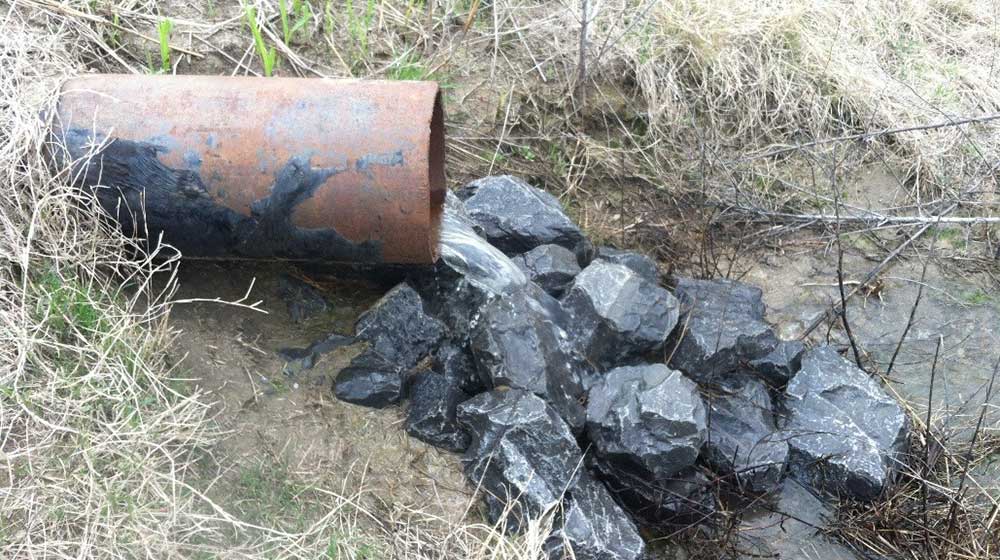
For More Information
REACH (Research and Education to Advance Conservation and Habitat) is an innovative, grassroots collaborative program between the MSU Extension Service, Mississippi Agricultural and Forestry Experiment Station, Forest and Wildlife Research Center, and Delta F.A.R.M. (Farmers Advocating Resource Management). For more information, contact your local Natural Resources Conservation Service office or REACH director Beth Baker at beth.baker@msstate.edu, or visit REACH online at www.reach.msstate.edu.
References
Kröger, R., Prince Czarnecki, J. M., Tank, J. L., Christopher, S. F., & Witter, J. D. (2015). Implementing Innovative Drainage Management Practices in the Mississippi River Basin to Enhance Nutrient Reductions. Journal of the American Water Resources Association, 51(4), 1020-1028.
Kröger, R., Littlejohn, K. A., Pierce, S. C., Henderson, J., Brandt, J., Flora, C., Poganski, B. H., Prevost, J. D. (2013). Evidence toward sediment accumulation characteristics of slotted inlet pipes as best management practices on agricultural landscapes. Ecological Engineering, 51:249-255.
Publication 2988 (POD-01-23)
By Beth Baker, PhD, Assistant Extension Professor, Wildlife, Fisheries, and Aquaculture; Austin Omer, former Extension Associate, Wildlife, Fisheries, and Aquaculture; and Robert Kröger, PhD, Covington Civil and Environmental LLC.
The Mississippi State University Extension Service is working to ensure all web content is accessible to all users. If you need assistance accessing any of our content, please email the webteam or call 662-325-2262.


